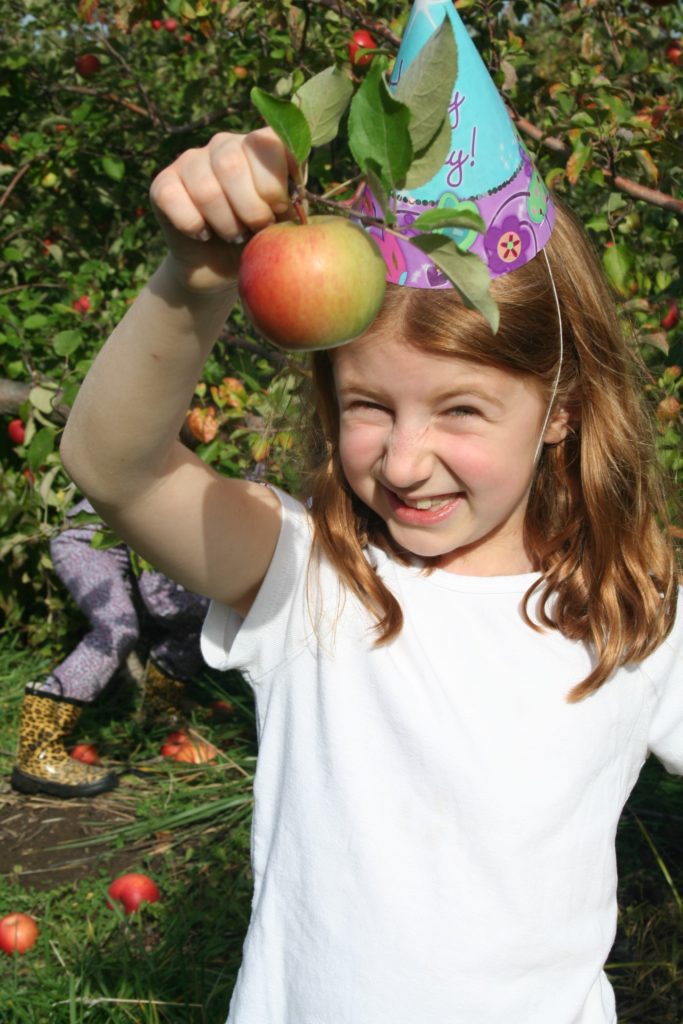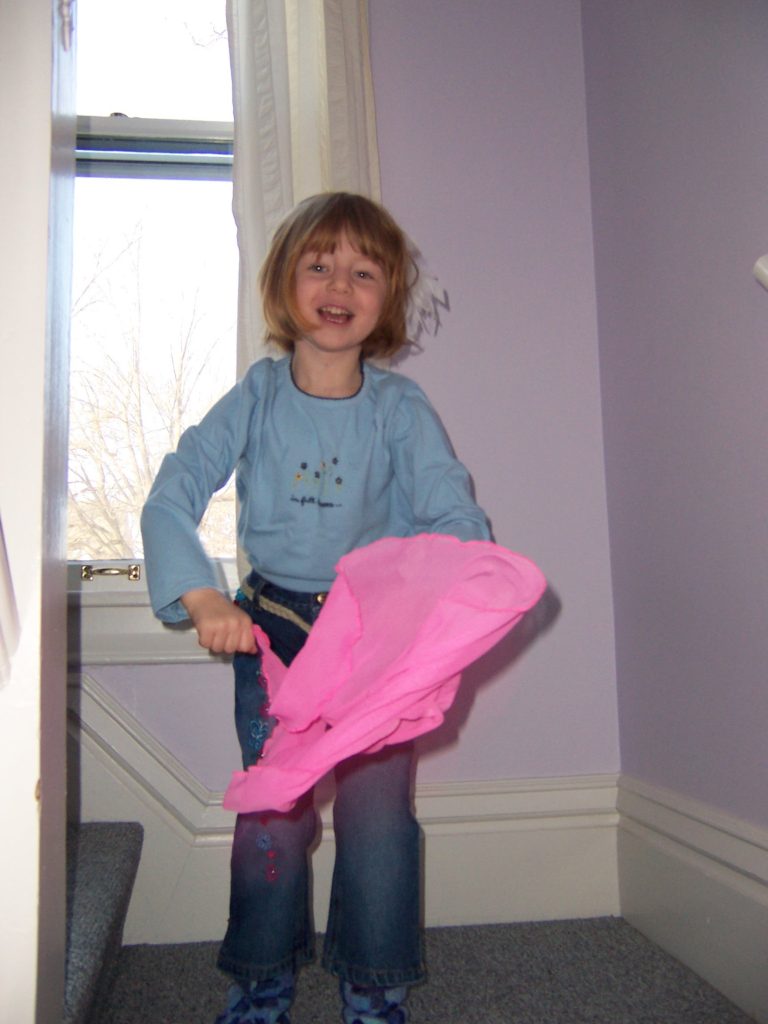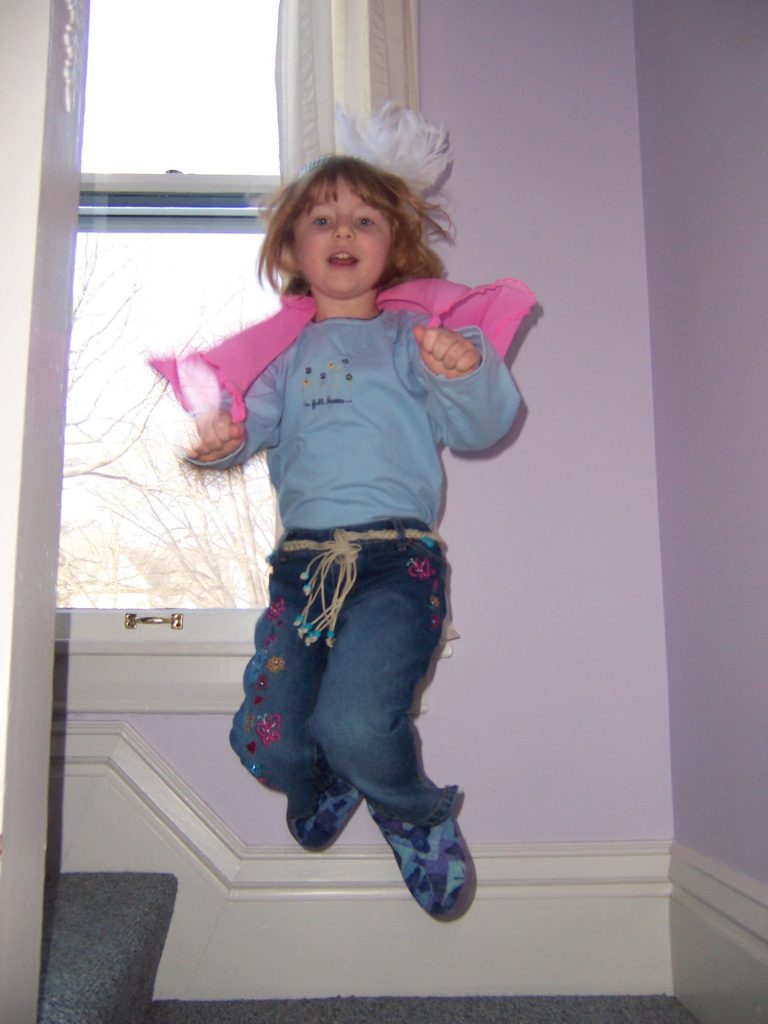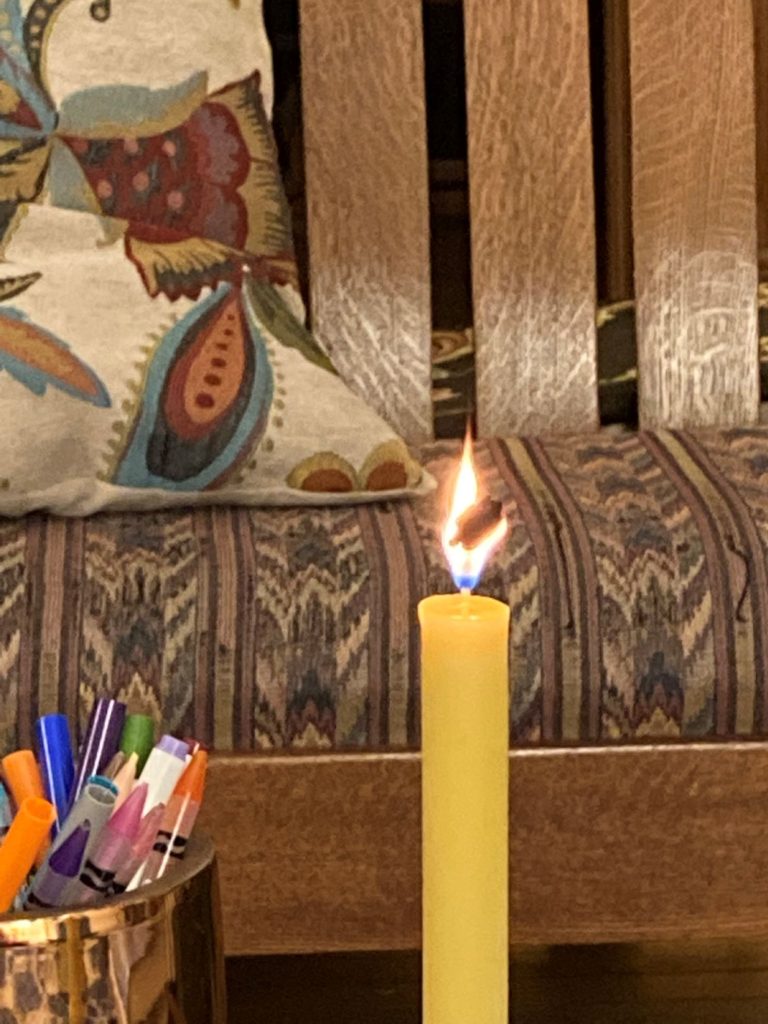
The poem below is one I first encountered in my early twenties. It is one that I return to again and again, always seeing something new, hearing something new. Rereading is, for me, a kind of passive revising, I suppose. Frequent rereading of certain texts overlays insight upon insight. This, for me, provides a deep kind of pleasure that is a counterpoint to the pleasure of encountering the startling new.
As I reread Yeats’s poem afresh this morning, I am thinking about how we tend to regard time as unspooling in a linear, storytelling way– but that it is more holographic and holistic than that, and how we cannot help sometimes noticing that we are all ages at once. Every blank hour or blank page is a new school room. While there are never any guarantees there is always the possibility of transport through embodied effort–and by releasing of effort, shifting from doing to simply being.
Probably you know this poem and see something entirely different in it? I would love to know where it takes your thoughts.
Among School Children
I walk through the long schoolroom questioning;
A kind old nun in a white hood replies;
The children learn to cipher and to sing,
To study reading-books and history,
To cut and sew, be neat in everything
In the best modern way—the children’s eyes
In momentary wonder stare upon
A sixty-year-old smiling public man.
II
I dream of a Ledaean body, bent
Above a sinking fire, a tale that she
Told of a harsh reproof, or trivial event
That changed some childish day to tragedy—
Told, and it seemed that our two natures blent
Into a sphere from youthful sympathy,
Or else, to alter Plato’s parable,
Into the yolk and white of the one shell.
III
And thinking of that fit of grief or rage
I look upon one child or t’other there
And wonder if she stood so at that age—
For even daughters of the swan can share
Something of every paddler’s heritage—
And had that colour upon cheek or hair,
And thereupon my heart is driven wild:
She stands before me as a living child.
IV
Her present image floats into the mind—
Did Quattrocento finger fashion it
Hollow of cheek as though it drank the wind
And took a mess of shadows for its meat?
And I though never of Ledaean kind
Had pretty plumage once—enough of that,
Better to smile on all that smile, and show
There is a comfortable kind of old scarecrow.
V
What youthful mother, a shape upon her lap
Honey of generation had betrayed,
And that must sleep, shriek, struggle to escape
As recollection or the drug decide,
Would think her son, did she but see that shape
With sixty or more winters on its head,
A compensation for the pang of his birth,
Or the uncertainty of his setting forth?
VI
Plato thought nature but a spume that plays
Upon a ghostly paradigm of things;
Solider Aristotle played the taws
Upon the bottom of a king of kings;
World-famous golden-thighed Pythagoras
Fingered upon a fiddle-stick or strings
What a star sang and careless Muses heard:
Old clothes upon old sticks to scare a bird.
VII
Both nuns and mothers worship images,
But those the candles light are not as those
That animate a mother’s reveries,
But keep a marble or a bronze repose.
And yet they too break hearts—O Presences
That passion, piety or affection knows,
And that all heavenly glory symbolise—
O self-born mockers of man’s enterprise;
VIII
Labour is blossoming or dancing where
The body is not bruised to pleasure soul,
Nor beauty born out of its own despair,
Nor blear-eyed wisdom out of midnight oil.
O chestnut tree, great rooted blossomer,
Are you the leaf, the blossom or the bole?
O body swayed to music, O brightening glance,
How can we know the dancer from the dance?
W. B. Yeats, “Among School Children” from The Poems of W. B. Yeats: A New Edition, edited by Richard J. Finneran. Copyright 1933 by Macmillan Publishing Company, renewed © 1961 by Georgie Yeats. Reprinted with the permission of A. P. Watt, Ltd. on behalf of Michael Yeats.Source: The Collected Poems of W. B. Yeats (1989)


My own poem for today, “Awash” was sparked by an early venturing out into the dark garden. How interestingly reliable and magical the world always is a few feet from our lamplit living room!

As I set out on this April poem journey, I am heartened by knowing that thousands of other people all over the world are engaged in similar quests. My friend, Liz Boquet, is also undertaking the daily challenge to write and share a poem each day this month. Her work is always thoughtful and delightful. Here is a link to her website.
Finally, in a salute to the alphabet, here is a link to Robert Pinsky’s masterful and playful short poem “ABC” from 1999 and another to a summary of his storied career as a public poet (including a term as Poet Laureate of the U.S. beginning in 1997.)
Happy Reading and Writing!


Yes! That is just the kind of thing I see in myself, when I look at Tim or Julia–my brain doesn’t get it, but I know it is true.
Great and informative post, Leslie. I am not that familiar with Yeats’ poem. It reminds me of the time a teacher said of Madeline, “remember she is always every age she has been.” (She was driving me wild at the time.) Somehow that notion had never occurred to me and it was just what I needed to hear. So now that poem takes on further interest and meaning!
So much to wonder at isn’t there?
No worries there!
ohmygoodnessssss Thanks so much for the link to my website, Leslie. I only hope I can live up to the encouraging compliments!